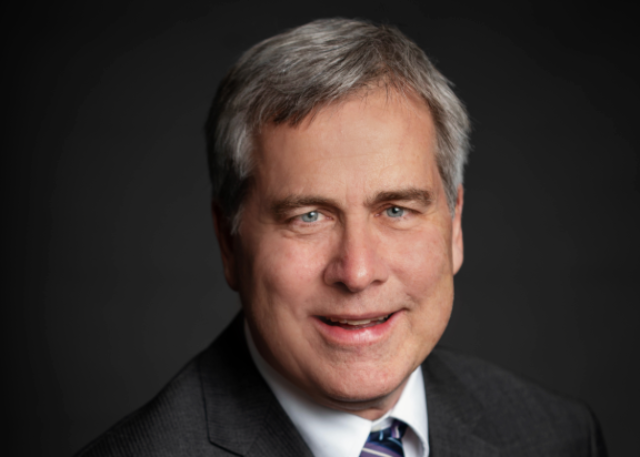Barrie could dedicate 0.2 per cent of its 2022 water and wastewater revenue — or about $100,000 — toward efforts to improve water services in Indigenous communities.
City councillors will consider a motion to that effect Monday night, to help overcome the effects of colonization, discrimination and racism on Indigenous communities in Canada.
“About 40 per cent of Ontario’s (Indigenous) reserves are currently operating under a boil water advisory. That is unacceptable,” said Deputy Mayor Barry Ward, whose motion is an item for discussion Monday. “I thought making a direct contribution to improve access to clean drinking water in Indigenous communities would be a wonderful gift from the residents of Barrie in the spirit of reconciliation.
“In fact, it would be nice if other municipalities were inspired by Barrie’s example to do the same.”
Ward said the city brings in a bit more than $60 million each year in water and sewer charges, which includes users fees, service charges and rentals — and 0.2 per cent of the revenue would amount to about $100,000.
The average annual water/wastewater bill in Barrie is approximately $884, meaning this plan would cost about $1.77 per household.
“At budget time, city council will have to decide whether we want to add it to the bills through a slight increase in rates or just absorb it into our costs,” he said. “It would be for one year only but future councils could decide to continue the contribution.”
The Ward 4 councillor said that while the federal government pays for water infrastructure in First Nations communities, it doesn’t pay to train operators of the systems, which he thinks is a flaw.
His motion leaves it open to determine how the city will use this money to improve water services in Indigenous communities, but Ward is also inviting Water First, a Creemore-based non-government organization (NGO), to offer council one possibility.
In co-operation with band councils, Water First runs a program to train young Indigenous people from reserves to become certified in operating a water plant through a 15-month paid apprenticeship. Ward said the second group of interns is graduating this month.
“Almost all of the first graduates a couple of years ago returned to their communities to work in the water system,” he said. “The young people win because they get employment, the community wins because it gets a better water system and doesn’t have to depend on people coming in from outside to maintain their system.”
Ward points out that in places such as Walkerton, Ont., and North Battleford, Sask., where failures in the water system resulted in the illness of thousands of people and the death of some of them, the problem wasn’t that they didn’t have a water system.
“The problem was it wasn’t maintained properly,” he said.
The Truth and Reconciliation Commission didn’t specifically call for municipalities to fund water systems on reserves, Ward said, but it did talk about the need for all levels of government, including municipalities and First Nations, to work together in the spirit of reconciliation.
At one point, the final report says: "Reconciliation must create a more equitable and inclusive society by closing the gaps in social, health, and economic outcomes that exist between Aboriginal and non-Aboriginal Canadians."
“Improving water quality is directly related to closing that gap in health,” Ward said. “A lot of municipalities are taking action across the country, doing everything from establishing Indigenous advisory committees to including making land acknowledgements.”
Last week, a proposed settlement agreement worth nearly $8 billion was reached in two national class-action lawsuits launched against the federal government by First Nations living under drinking water advisories. Awaiting court approval, the settlement would offer $1.5 billion in compensation to individuals deprived of clean drinking water and modernize Canada's First Nations drinking water legislation.
Ward’s item-for-discussion motion is part of the virtual general committee meeting scheduled to begin at 7 p.m., Monday, followed by a city council meeting.



